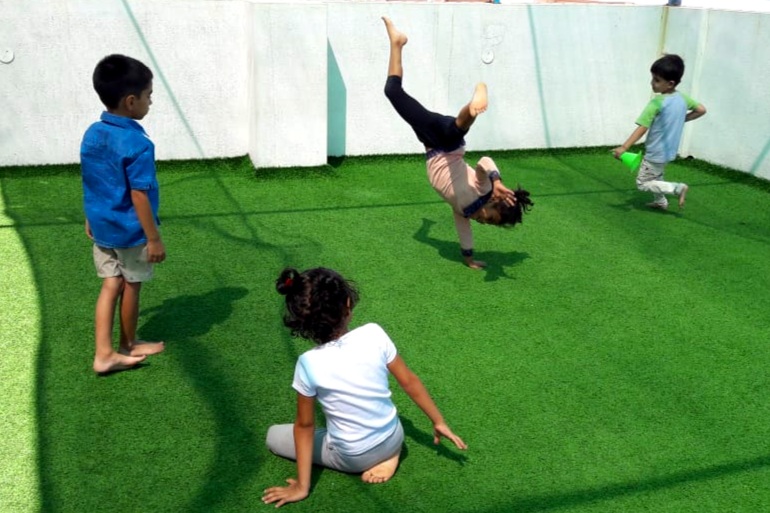People often ask us why we have practical life activities in the Montessori environment. How are these related to the child's development, they wonder.
At one level, these activities are great for building fine motor skills, understanding sequential processes and developing concentration in young children. However, we must remember that practical life activities must eventually be PRACTICAL! They have to help equip children for real life.
When our 6-8 year olds stay in school overnight for sleepovers, they put all that practice in practical life activities to use. The children are responsible for planning the dinner menu (they decided on salad & sandwiches), purchasing the groceries, doing the actual cooking (with minimal adult assistance), serving dinner, and cleaning up after.
Speaking as adults, we very much enjoyed the hospitality!











